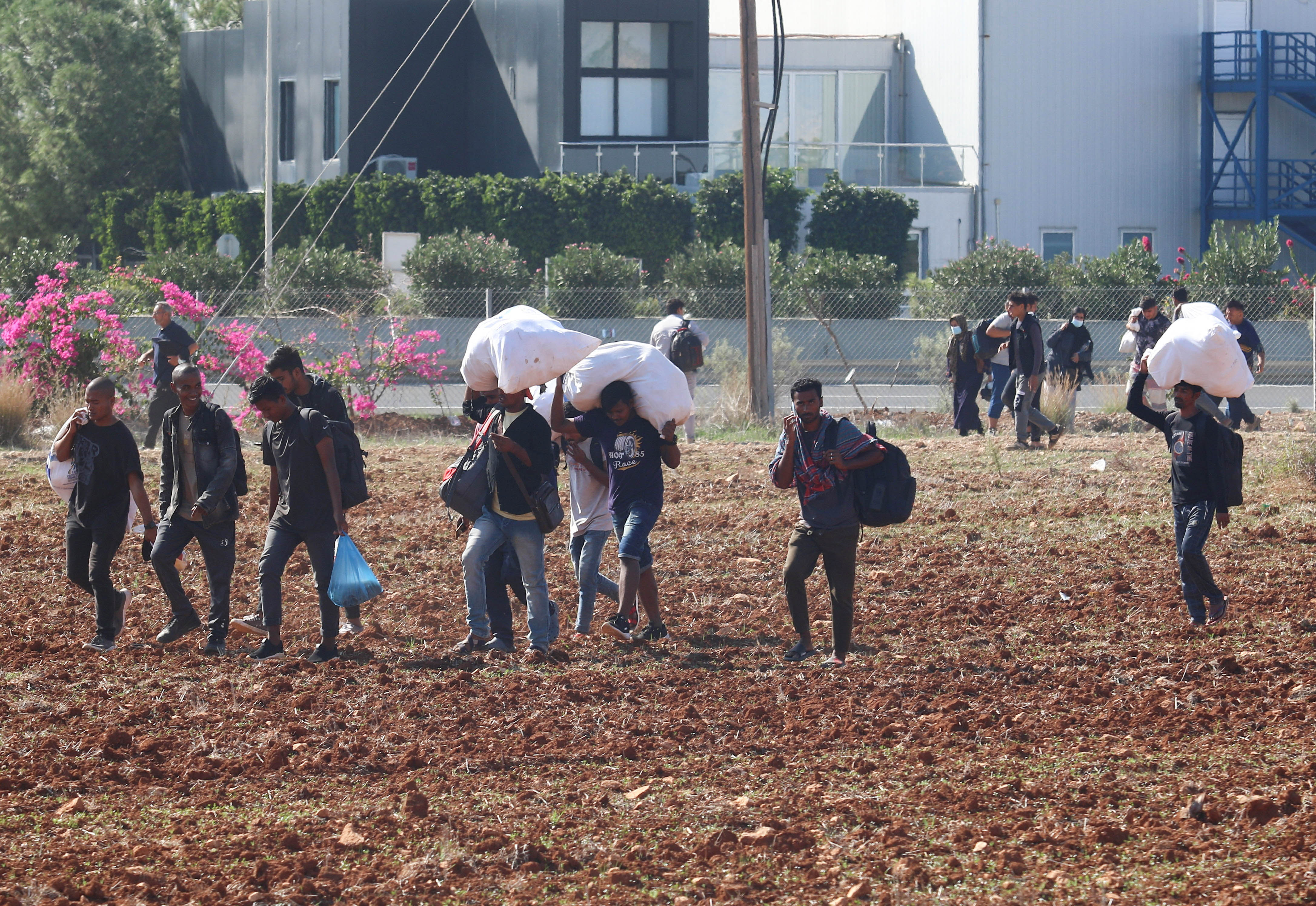EU member states, including Cyprus, are expected to draw up a common list of so-called safe countries of origin when they process asylum applications, the European Commission announced on Wednesday.
The countries include Kosovo, Bangladesh, Colombia, Egypt, India, Morocco and Tunisia.
The newly proposed pan-European list is intended to complement existing national lists of so-called safe countries in member states and “contribute to a more uniform implementation” of asylum procedures, the commission said.
As of May 2022, Cyprus has designated 27 countries as safe countries of origin, a list that was reduced from 29 following the removal of Ukraine and Kosovo.
The designation began in mid-2019 with a ministerial decision, listing Georgia as the first safe country, which allowed for faster processing of asylum applications.
By May 2020, Cyprus’ list grew to 21 countries and reached 29 in 2021. Accelerated procedures became more common in September 2022, mainly for nationals from Pakistan, Bangladesh, India, Nepal and Nigeria. The conditions in safe countries are not regularly reviewed, and as of 2025 the May 2022 list is still in use.
In its initial draft, the commission proposed adding Kosovo, Bangladesh, Colombia, Egypt, India, Morocco, and Tunisia to the list. The list, however, could be expanded or revised, with countries removed if they are no longer deemed to meet the criteria.
The commission also emphasised that labelling a country as “safe” did not guarantee safety for all its citizens and that member states would be required to carry out individual assessments of each asylum claim, regardless of an applicant’s country of origin.
EU candidate countries would generally qualify as safe countries of origin, the commission said, citing their obligations to uphold democratic standards, the rule of law, human rights and minority protections as part of the accession process. Exceptions would apply only in cases of indiscriminate violence, EU-imposed sanctions, or if the country’s asylum recognition rate exceeded 20 per cent at EU level.
With the move, the commission said it aimed to fast-track the implementation of two provisions of the pact on migration and asylum, arguing changes would help member states manage asylum claims more efficiently, focusing in particular on applications deemed unlikely to be approved.
In a first step of the implementation, the commission says countries could fast-track asylum claims from people coming from places where fewer than 20 per cent of applicants usually get protection in the EU.
Secondly, it would allow governments to draft their own lists of countries or regions considered “safe”, with the option to exclude certain areas or groups of people if needed.
The pact had been adopted in 2024 but still awaits approval from both the European Parliament and the EU Council before it is set to come into force in June 2026.






Click here to change your cookie preferences